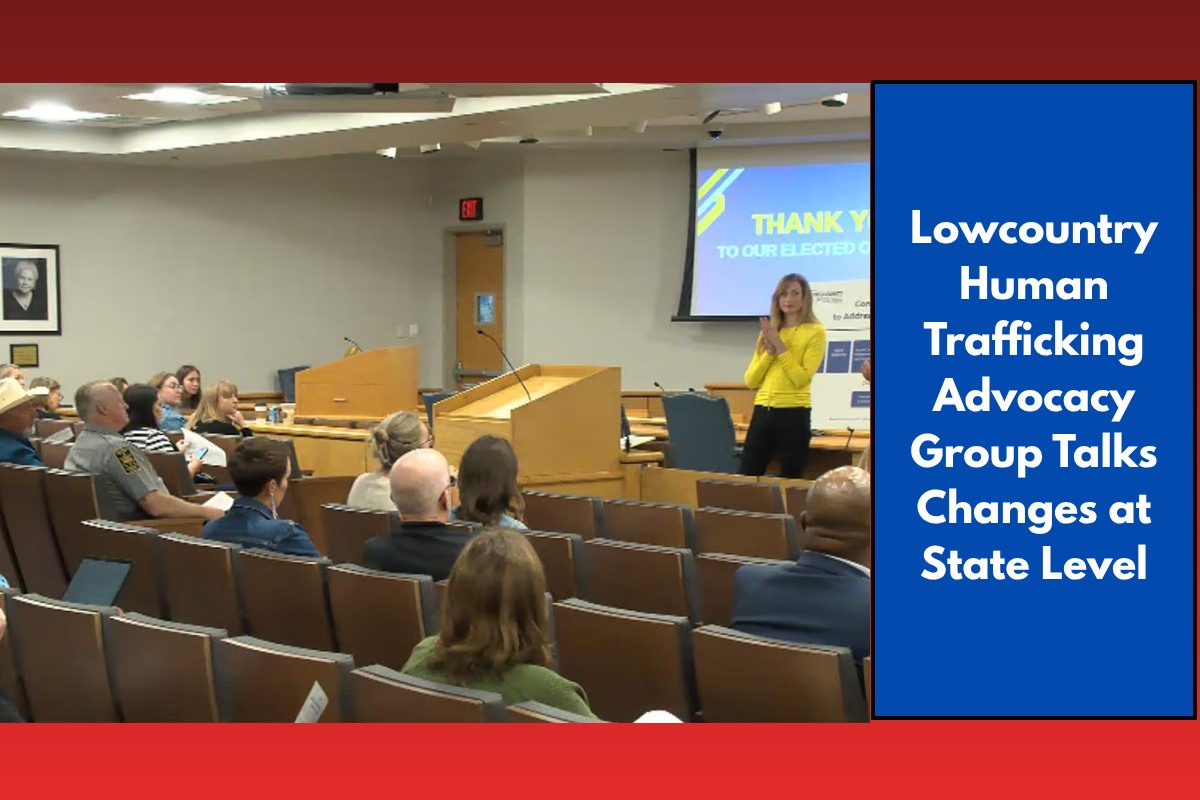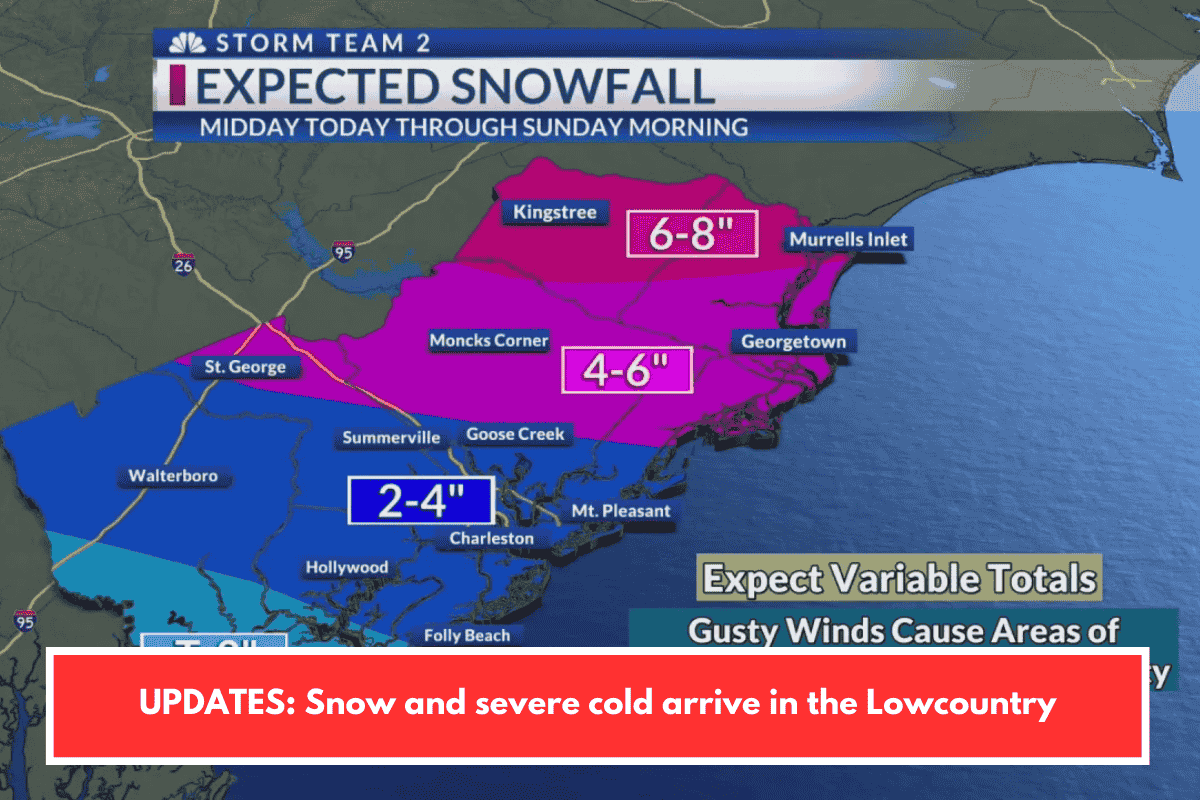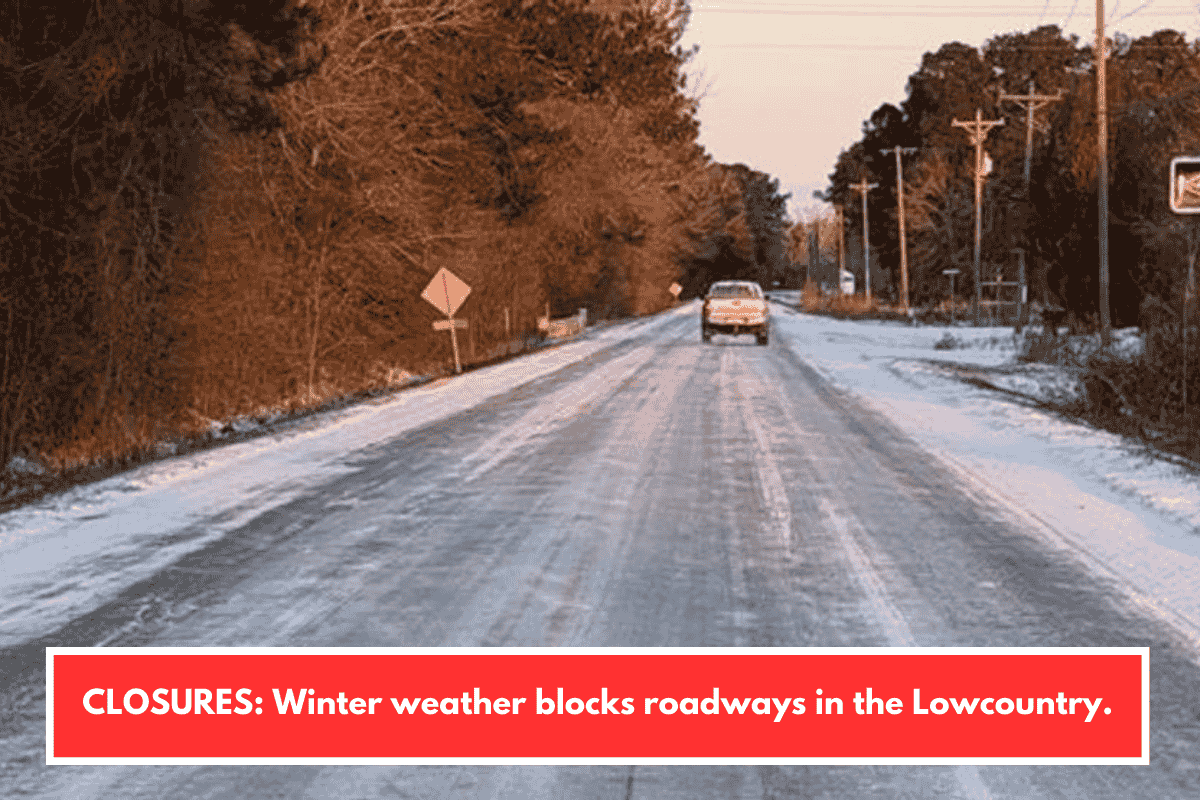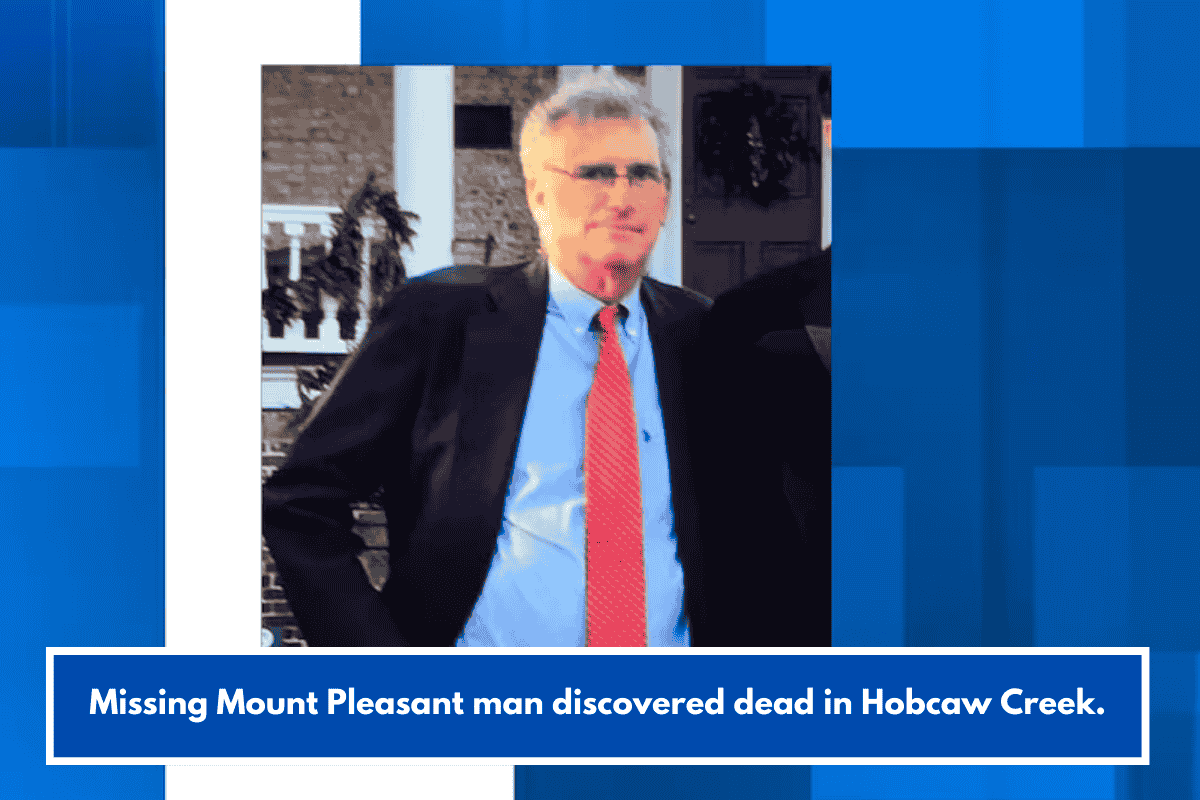CHARLESTON, S.C. (WCSC) – The Tri-County Human Trafficking Task Force held a public community meeting on Friday, discussing ongoing efforts to combat human trafficking and the changes they’re pushing for at the state level.
During the quarterly meeting, the task force broke down statistics and highlighted upcoming legislative efforts. One of the key focuses was on future bills aimed at improving how healthcare providers can identify victims of human trafficking.
A recent report from the South Carolina Attorney General’s office revealed that approximately one-third of child trafficking victims in the state are from the Tri-County area. South Carolina Law Enforcement Division Lieutenant Jade Roy stressed, “Human trafficking is occurring in our backyards,” underscoring the urgency of addressing this issue locally.
Erin Hart, a nurse practitioner at the Medical University of South Carolina, works closely with the task force and shared that about 85% of trafficking victims will seek medical care while being trafficked. As part of the solution, Hart discussed House Bill 4343, a bill that mandates healthcare providers to undergo training to recognize the signs of human trafficking. The bill, which was introduced earlier this year, would require healthcare workers to take an educational course through the State Board of Medical Examiners.
Hart explained that there’s often a disconnect between healthcare providers and the ability to identify trafficking victims. “What we’ve seen is that our providers don’t recognize the risk factors or the warning signs, and survivors have shared that they’re not even asked the right questions. It makes the healthcare experience negative for them,” she said. The bill is expected to be reviewed by the Senate when the General Assembly reconvenes in January.
Currently, state law requires healthcare providers to report suspected cases of trafficking involving minors, but there is no such mandate for adults over 18. Hart emphasized that healthcare providers need better training on how to ask the right questions and how to handle these sensitive situations. “We offer ways to get patients alone, like during an X-ray or scan, to create a safe space for them to share information,” Hart added.
By raising awareness and providing healthcare workers with the tools to recognize trafficking signs, the task force is not only helping victims find proper resources but also empowering law enforcement to make more connections across cases.
Lieutenant Roy emphasized that human trafficking can happen in any community, regardless of its size or location. “No matter how small or big the community is, whether it’s a gated community or a more rural area, it’s important to recognize that this crime can occur anywhere,” he said.
While the number of reported cases may seem high, Roy noted that it doesn’t necessarily mean there’s an increase in trafficking itself. Instead, it reflects greater awareness and an ability to identify victims earlier. That awareness remains a primary goal of the Tri-County Human Trafficking Task Force, which uses public meetings like Friday’s to further educate the community and encourage proactive action.














